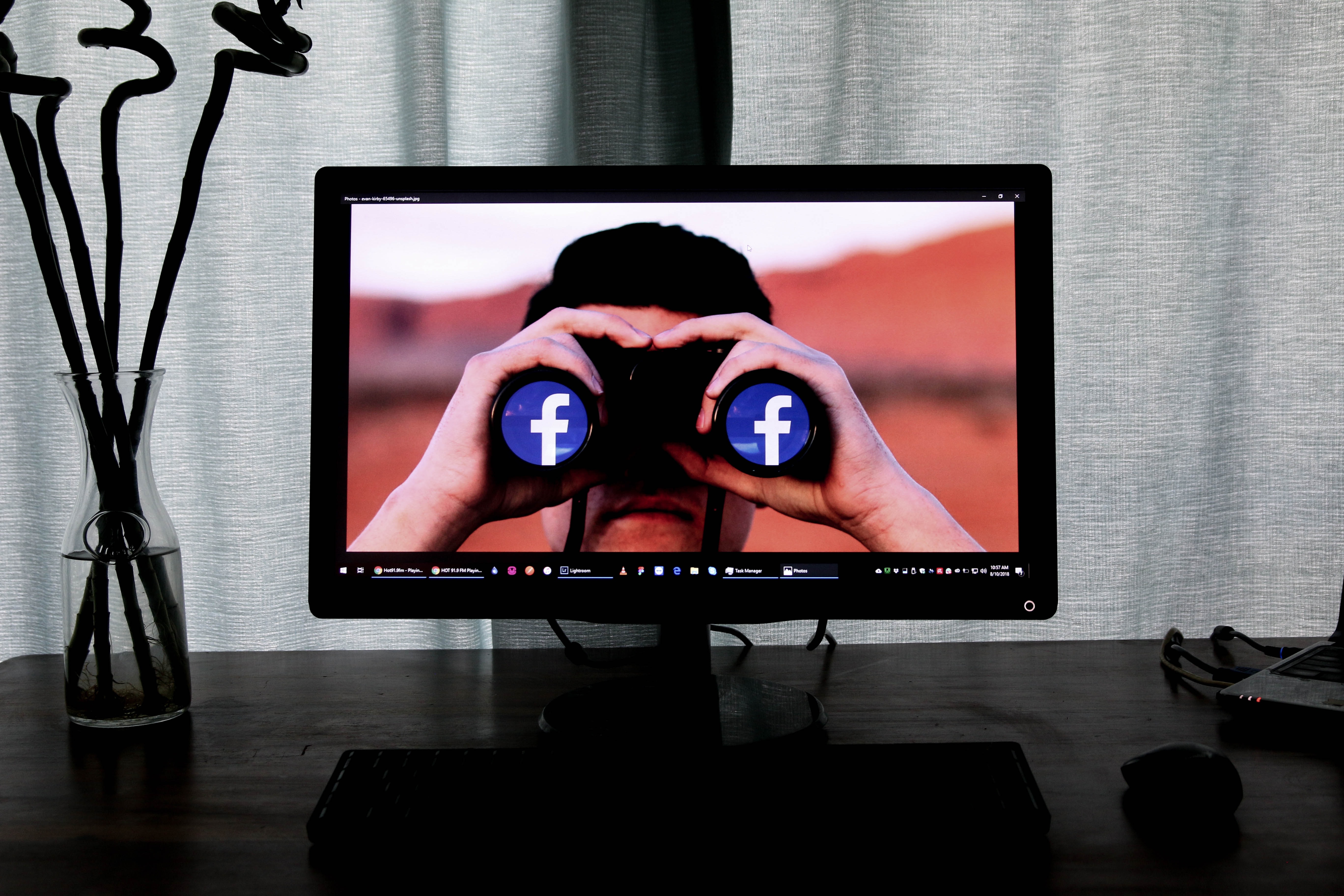You can ask businesses like Shopify, Amazon, and others to stop selling your browsing information to other organizations.
The California Consumer Privacy Act (CCPA) was implemented on January 1, 2020. The act may influence any internet user regardless if they reside in California or not. The act provides exclusive rights and protections to Californian users in particular.
Similarly, the CCPA applies different obligations on businesses that are quite similar to those imposed by General Data Protection Regulation (GDPR). However, businesses that abide by the GDPR will need to follow additional compulsions of the CCPA.
What’s new in California’s Consumer Privacy Act for Users?
The CCPA offers four (4) primary rights to Californian users and there are other rights that typically apply to businesses. These primary consumer rights are:
- A right to know what type of personal information is gathered, used, shared, or even sold by businesses
- A right to delete personal information of users
- A right to stop companies from selling users’ data
- Consumers who follow CCPA will not be reprimanded with higher prices or low level of services
A right to know what type of personal information is gathered, used, shared, or even sold by businesses
Businesses have to inform users before collecting their data about what kind of data they will be receiving from them. CCPA has categorically defined personal information that includes your name, internet-browsing history, or other data that companies can use to trace you.
A right to delete personal information of users
You can approach businesses to know if any of your data has been sold and, if so, to whom. For example, Facebook has started using a new privacy tool by the name of “Off-Facebook Activity.” This tool has information that organizations have collected outside the Facebook app about you.
If you have purchased a new pair of socks or shoes from Adidas’s official website, the retailer will share your online browsing activity with Facebook. This information is further used by Facebook to send personalized ads to you. However, you can ask Facebook to remove your data it has stored about you from their system.
A right to stop companies from selling users’ data
In short, you can ask businesses like Shopify, Amazon, and others to stop selling your browsing information to other organizations. For example, you can use the option of opting out of the future sale of personal data regarding your browsing histories. This way, Facebook will not be able to send you personalized ads.

Consumers who follow CCPA will not be reprimanded with higher prices or low level of services
Businesses now cannot take any reactive actions if you have advised them to delete your data. Furthermore, they cannot provide a low level of services to consumers in return. Therefore, you can stop Facebook from using your browsing history for its marketing tactics.
What’s next
These consumers’ rights allow users to improve their privacy to new heights. However, privacy-centric users should consider using budget-friendly software, like VPN, which will protect their browsing information against marketing-centric companies.
By doing so, they can protect themselves from privacy invasion, identity theft, and other online security threats without breaking their bank.


Join the conversation!